Think you did pretty well at your job interview? That's great.
But after the interview, what did you do?
How so, nothing?
In that case, you passed up an opportunity to stand out from the crowd and maybe even cost yourself the job in the process.
What you should have done was write a thank-you letter after the interview, to make sure the selector remembered you.
Don't let any more opportunities pass you by in the future because of this.
Here you'll find everything you need to know about writing post-interview thank-you notes...
But let's step back for one second...
You prepared a professional CV.
Which was accompanied by an effective cover letter.
You aced your first job interview.
And now it's all over, your adrenalin levels have plummeted and you're wasting your time watching cute cat videos...
But:
You do actually want your interview to lead to a job offer, right?
Well, don't relax just yet then - you're going to need your wits about you!
Want to stay as close to the forefront of the interviewer's mind as it is reasonably possible to imagine?
No doubt about it.
In that case, you're going to need to play your final trump card: the post-interview thank-you email.
In which you will thank the interviewer for their time.
Show that you can be polite and courteous.
And basically remind the interviewer that you exist and that you want the job.
Still not convinced?
A good dose of conviction here is fundamental:
Post-interview emails can produce great results, but only if they are written with belief.
Otherwise they amount to little more than an empty gesture.
An empty gesture is a waste of your time and that of the recipient. And nobody appreciates having their time wasted.
So?
Before we see how to write a thank you email, let's look at the reasons why you should write one!
[...and for those who make it through to the end, there are 6 bonus tips!]
What Is a Thank-You Email After Interview?
So, writing a post-interview thank-you letter?
Excellent idea!
As promised, we'll be showing you how to write one...
But before we do that, we're going to look at what a post-interview thank-you note is and why you need to write one.
A thank-you note is a letter or email you send to the interviewer following a job interview.
Unsurprisingly, it's called a “thank-you” note because you're thanking the person who interviewed you for their time.
Sometimes, it's also known as a follow-up note, because it involves following up on a job interview, with the aim of reminding the interviewer of who you are, your application and the interview you had together.
It's all clear?
Well, so now you know what it is, let's move on to the hard part: the reasons you need to write one.
There are 5 of them and by the fifth, we guarantee you'll think they are indispensable!
5 Reasons for Writing a Thank-You Letter After a Job Interview
#1 - Your Last Chance to Make a Good Impression
Research shows that 76% of interviewers are positively influenced by receiving a thank-you letter after an interview.
You won't of course be the only candidate they interviewed. So a thank-you letter is an opportunity to ensure that your interview, your skills and experience, and your application in general, remain fresh in the interviewer's memory.
This will increase the likelihood of the interviewer remembering you when it's time to decide which candidates to call back for a second interview.
#2 - A Thank-You Note Is a Key Part of the Selection Process
In some cases, a thank-you email may be considered a key part of the selection process.
In what sense ‘a key part'?
Well, in the sense that those who fail to send one will have their applications rejected.
But this is not always the case. There are selectors that always expect to receive one and others who don't consider them necessary.
But why run the risk of being penalized at this stage of the selection process? It's really not worth it!
#3 - It Gives You the Edge Over Candidates Who Fail to Send a Thank-You Email
As we have already established, you certainly won't be the only person to have interviewed for the role.
But you might be one of the few to have sent a post-interview email.
The result?
This will put you at an advantage over all those candidates who didn't send one.
With the jobs market as competitive as it is, you need to take advantage of every opportunity you have to get ahead of the pack.
This applies to job searches in any location - whether you're looking for work in London, Birmingham, or Manchester - and of any type - from part-time work to executive director positions.
#4 - It's Your Last Opportunity to Recover From a Botched Job Interview
Feel there were a couple of questions during your interview which you could have replied better to?
Worried you forgot to mention some important details?
Well, the thank-you email is your chance to address these points, get in all those last details and generally dot your I's and cross your T's.
It doesn't matter if your interview took place in person, by telephone or via video conference, a thank-you letter is equally important.
#5 - You Show You Understand the Importance of Good Manners and Proper Etiquette
A candidate's manners can play a significant part in the selection process.
But the problem with them is that they're not something you can just put in your CV. Instead, your manners and consideration for others need to shine through in everything you do.
From the way you answer the telephone or greet the interviewer, right through to how you write your thank-you letter.
Never underestimate the power of the word “thank you”!
Well, hopefully that should have won you over.
So now let's look at how to write a thank-you note!
How to Write a Thank-You Letter After a Job Interview
Before we look in detail at the make-up of a thank-you letter, let's take a moment to deal with the issue of format. Essentially, the choice is between a traditional paper letter and an email.
Traditional Paper Letter vs Email: the Format of the Thank-You Note
A traditional paper letter has a certain old-school charm and is obviously much more personal, particularly if it's hand-written.
It might be the right choice for very conservative or traditional workplaces - say, a vacancy for the post of lawyer in a legal firm with a long and distinguished history.
But in other contexts, it suffers from a number of drawbacks.
First of all, it's much slower than an email...
(and as we shall see later on, time is a key factor)
...it's also less reliable and may even be seen as too personal and lacking in the professionalism that is expected in a work situation.
Email, meanwhile, is both professional and practically immediate. Which means your thank-you note can arrive in time to influence the selection process.
Essentially, there are very few cases where the use of a traditional paper letter is warranted. In the vast majority of circumstances, it's preferable to send an email.
Now that we've dealt with the question of format, we can move on the content of the letter itself.
We're going to divide the post-interview email into 3 sections, which we'll look at one-by-one, before going on to look at an actual example.
#1 - Saying Thank You Like a Professional [First Part]
Since this is a thank-you note, you should use the first part of your email to thank the person who interviewed you for their time and consideration.
Address the email directly to the person who interviewed you. Make sure you know their name and have spelt it correctly.
Get hold of a business card if you can: this should contain all the contact details you need.
Use their name and surname rather than their position. “Dear Anne White” is much better than “Dear Head of Human Resources”.
And if you were interviewed by more than one person, send an email to each person individually:
No group emails, please!
Group emails never make a good impression. Plus, there's the risk the recipients may all assume someone else will answer, leaving you with no feedback.
#2 - Make Your Interest Clear [Second Part]
Now it's time to talk about the job itself.
Reiterate your interest in the position, say how excited you are about the opportunity to work for the company and try to include something that relates back to what you talked about at the interview.
Perhaps you discussed a specific topic that you were both interested in? Mention it in your email.
Or maybe you have something to add to an answer that you gave. Put that in, too.
Basically, you should try to include one or two details from the interview that show you really were paying attention and that add weight and value to your application.
And remember, it doesn't matter whether the interview was conducted over the telephone, via video conference or in person - your thank-you email should still be set out in the same way.
#3 - How to Close Your Post-Interview Thank-You Email [Third Part]
So now you've said pretty much everything you needed to say.
So what's missing?
What's missing is a closing paragraph that nudges the interviewer to act the way you want them to.
So what do you want the interviewer to do here?
Well, you definitely want a second interview and feedback on the first one. And you want them to remember you. But the key point here is that you want to be contacted again.
Which means you have to say so, loud and clear.
Before your closing salutation, state that you are looking forward to hearing from them again for feedback.
And with that, you can close your post-interview email.
Well that's the theory, anyway. Want to see it in practice?
We've put together an example that applies all of our top tips on writing a post-interview thank-you letter.
Don't miss the bonus tips after the example!
Example: Thank You Email After a Job Interview
Here is a practical example of everything we have talked about so far.
The email contains three sections:
- Start by saying thank you
- Then underline the match between your skills and experience and the job requirements and make reference to the interview
- Close by inviting the interviewer to contact you again
So here we go!
Dear Anne White,
I would like to thank you for the opportunity to interview yesterday for the position of [name of position]. I greatly appreciated the chance to get to know [company name] better and to learn more about the vacancy.
I was particularly struck by the description you gave of the future challenges facing the company as a whole [although you could equally well refer to international opportunities, growth prospects in the sector, technological innovation etc.] as well as the position in particular.
Learning about these challenges has served to confirm my enthusiasm for this opportunity and I feel confident that my skills, coupled with my experience in [insert the main common ground between candidate's experience and company's requirements], will enable me to tackle them and transform them into opportunities for growth for both the company and myself.
Thank you again for considering my application for this position. Please do not hesitate to contact me if you require any further information.
I look forward to hearing back from you.
Kind regards,
[signature]
6 Tips for a Professional Thank-You Letter [Bonus]
As promised, here are some additional strategic tips for your post-interview thank-you email.
#1 - Time Is Of the Essence
Time here is of vital importance. Your email should arrive 24/48 hours after the job interview and no later.
Why?
Because waiting any longer brings you no advantage and two definite disadvantages:
- There is a chance you may forget to send it
- By the time the note arrives, the window of opportunity in which it could have influenced the selection process may have passed
Don't forget also that it's much easier to write a thank-you note when the job interview is still fresh in your mind.
#2 - Keep It Professional
Although a thank-you email is more personal than other documents related to the selection process, such as your CV or your cover letter, that doesn't mean you should completely let your hair down.
This is still a professional email, so avoid the use of slang, emoticons or anything else that could be seen as overly informal.
#3 - Brevity Is a Virtue
Basically, the rule is don't overdo things. Say what you need to say and leave it at that.
If you write too much, it may seem like you are trying to ingratiate yourself, so stay within the limits of professional courtesy.
Keep it to three paragraphs - you shouldn't need any more than that.
#4 - Don't Let Your Grammar Trip You Up
Just like when you are writing your CV or cover letter, it's important to make sure that your thank-you note contains no grammar mistakes or typos.
Re-read your email several times, checking for lexical, grammar and spelling mistakes and then get somebody else to read it. A fresh pair of eyes is always a good idea in these cases.
#5 - Use the Thank-You Email To Achieve Your Aims
There may of course be occasions when you have serious doubts about a job offer.
If an interview reveals aspects of a job or work environment that you find unacceptable or simply incompatible, you may find yourself in the awkward situation of having to turn the company down.
The post-interview email is the perfect opportunity to do this. Thank the company for their time and consideration and then withdraw your application, stating your reasons, rather than waiting for them to contact you first.
This way you maintain a good professional image. After all, there's a chance that in the future you may receive a newer, better offer from the same person!
#6 - Once You've Sent Your Thank-You Note
Sending a couple of emails to say thank you and to ask for feedback is an excellent idea.
But sending 47 of them is another matter entirely.
If you don't get a reply - or if you get a reply that doesn't meet with your expectations - leave it at that. If one mail goes unanswered, there's every reason to think they all will.
So don't be overly insistent. A couple of emails, appropriately spaced out, should be enough.
And then?
Well, then it's time to focus on other new opportunities: there are thousands of great job offers waiting for you on Jobted, so get looking now!



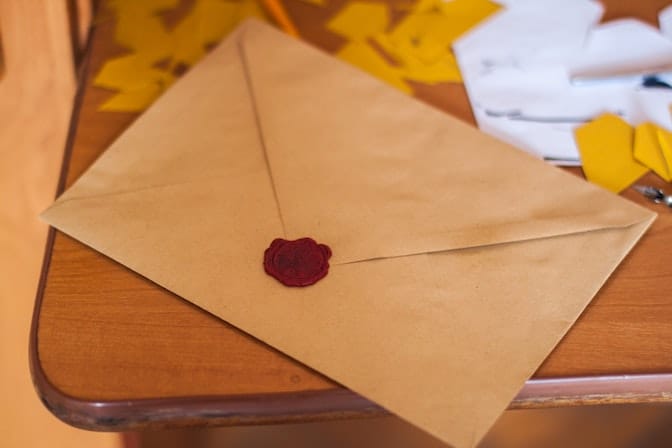
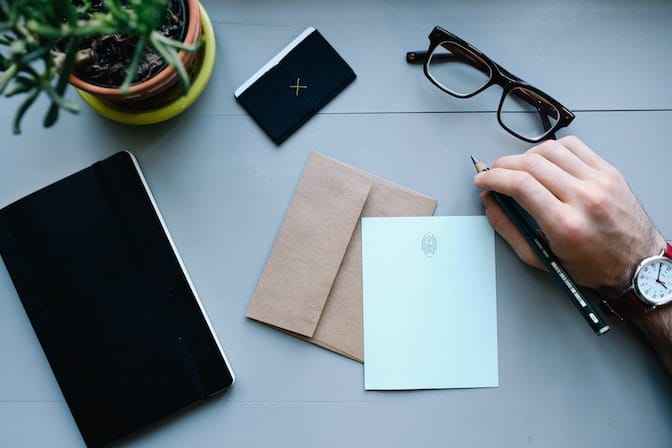
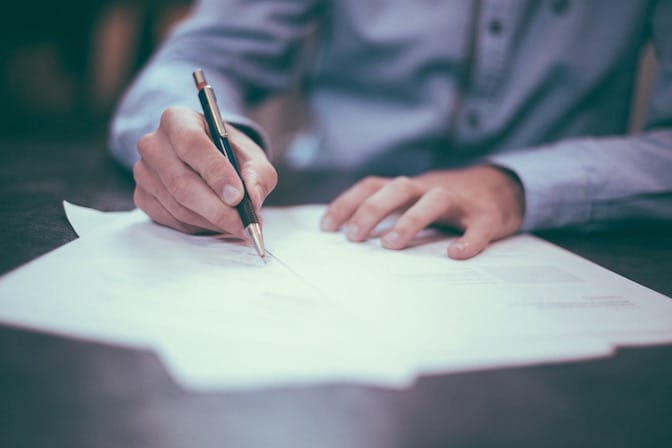


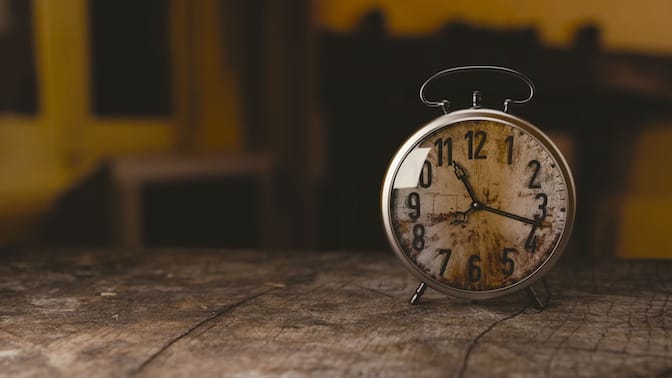
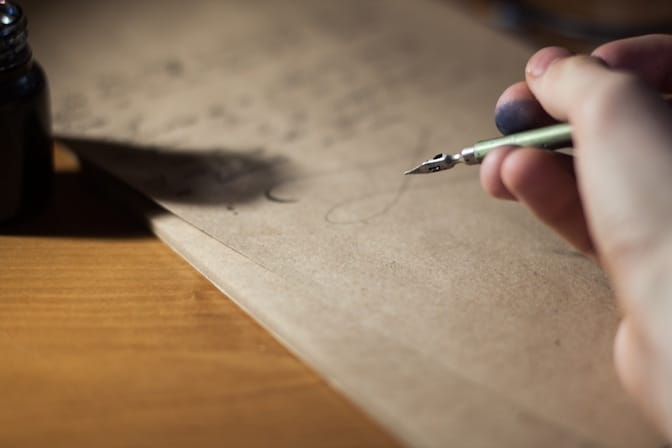
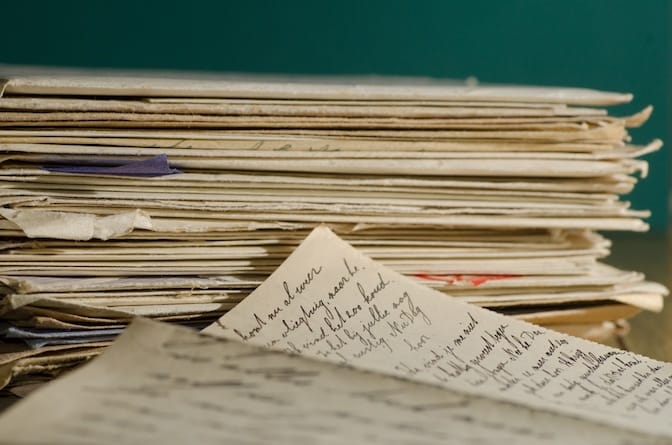


![How To Write an Effective CV [A Practical Guide]](https://uk.jobted.com/blog/wp-content/uploads/writing-CV-200x200.jpg)
![Example Cover Letter for CV [2 Templates, 10 Tips and 10 Mistakes]](https://uk.jobted.com/blog/wp-content/uploads/example-cover-letter-cv-200x200.jpg)